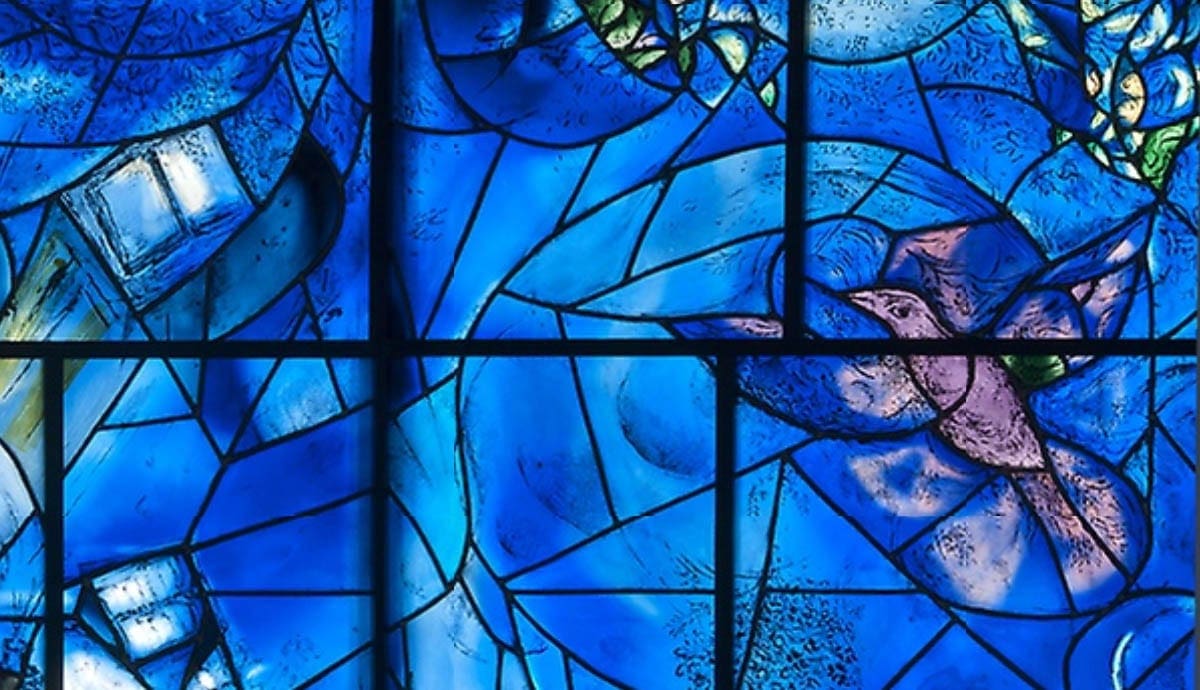With only a month left until I finish my undergraduate degree, the Studies in Religion department — which made my experience at the University of Sydney what it was — is at risk of closure, and it’s worrying and anger-inducing.
The idea that every department in the University needs to be constantly turning over a profit to be worth keeping is utterly ridiculous. It is the small departments dealing with niche subjects, particularly in the Faculty of Arts and Social Sciences, that make the University what it is. Arts is the draw-card to USyd and there isn’t another university in New South Wales that offers such a comprehensive academic and historic look at religion. Theological departments have never been at risk of disbandment, because they’ve always been profitable, but if we continue along this trajectory and end up at a place where the only kind of study of religion available at universities is theology, we’ll be forced to deal with social problems that can’t be easily addressed or reversed. If the academic literature we produce loses the benefit of the secular, outsider perspective, our ability to fight against misinformation and misinformed beliefs is made more difficult, and the class of religious people in power grows stronger.
The weaponisation of religion by our federal leaders sets a dangerous precedent and the way it informs our parliamentary decisions is worrying. A video of Scott Morrison telling the Australian Christian Churches conference that he believes he was chosen to do God’s work, and the potential for Mark Latham’s Parental Rights Education Bill to be ratified, are just a couple of recent examples that show religion’s paramount role in our supposedly secular society. There is such a dissonance between the people who can decide what is worth learning at school and university, and those who teach and study it.
After first year, my Studies in Religion courses never had more than 15 people in them, and this is part of what made them so valuable. Intensely interactive lectures and tutorials happened in the same classroom, one after the other. When I studied witchcraft and paganism, my classmates brought in their crystal balls, tarot cards and Ouija boards. In my subject this semester on the birth of Christianity, we have debates about whether Manichaeism was the first world religion. My classmates on Zoom actually have their cameras on every week, and contribute to discussion, because it’s one of the most interesting and worthwhile majors that the University offers, and we have so much to learn from each other. In the last four years I’ve learned about the importance of Australian secular and civil religion like ANZAC Day, about postcolonial critiques of Western Esotericism; I was taught about how Harry Potter was demonised by conservative American Christians long before everyone realised J. K. Rowling was a transphobe and how the Bhagavad Gita problematises Upanishadic thought.
Agnostics and atheists do these courses to attempt to understand the ways religion operates around the world, to learn how it has grown to occupy and influence every aspect of our legal system and our lives. Religious people do these courses to learn more about their own religions, to challenge themselves in their faith, and to come out stronger on the other side.
When I went on exchange to London, I was taught by some of the best historical Jesus and historical Paul scholars in the world. My lecturer told us that this course had made people lose their faith, and warned against doing it if you weren’t ready to be challenged. I remember bristling with excitement at this; as an annoyingly atheist second year student, I wanted to learn what didn’t add up so I could win the arguments against my religious friends. But that isn’t what happened, and my understanding of religion became so much more holistic. You’re forced to think about why religion impacts society in such a broad way, what historical events have entwined to give us the religious landscape we have, how it changes lives, how it gives people hope. I entered my Studies in Religion major with an awfully patronising view of religious people, thinking that I would be validated in that, and I came out with a far more nuanced perspective.
With the budget this week came the announcement that university funding will decrease by 9.3% over the next four years, a move which was as horrifying as it was unsurprising. It’s just another chink in the armour of a university system that doesn’t value any form of education that challenges capitalist structures, and it aligns with the hostility that university management has shown towards its staff and students throughout the pandemic. It shows how far Australian universities have strayed from the idea of learning for learning’s sake, where the pursuit and sharing of knowledge was worthwhile, and where academics and students could together conceive and work towards a better educated, more open society. Studies in Religion is one of the most unique and interesting departments at the University of Sydney, and it is imperative that it is not shut down.





